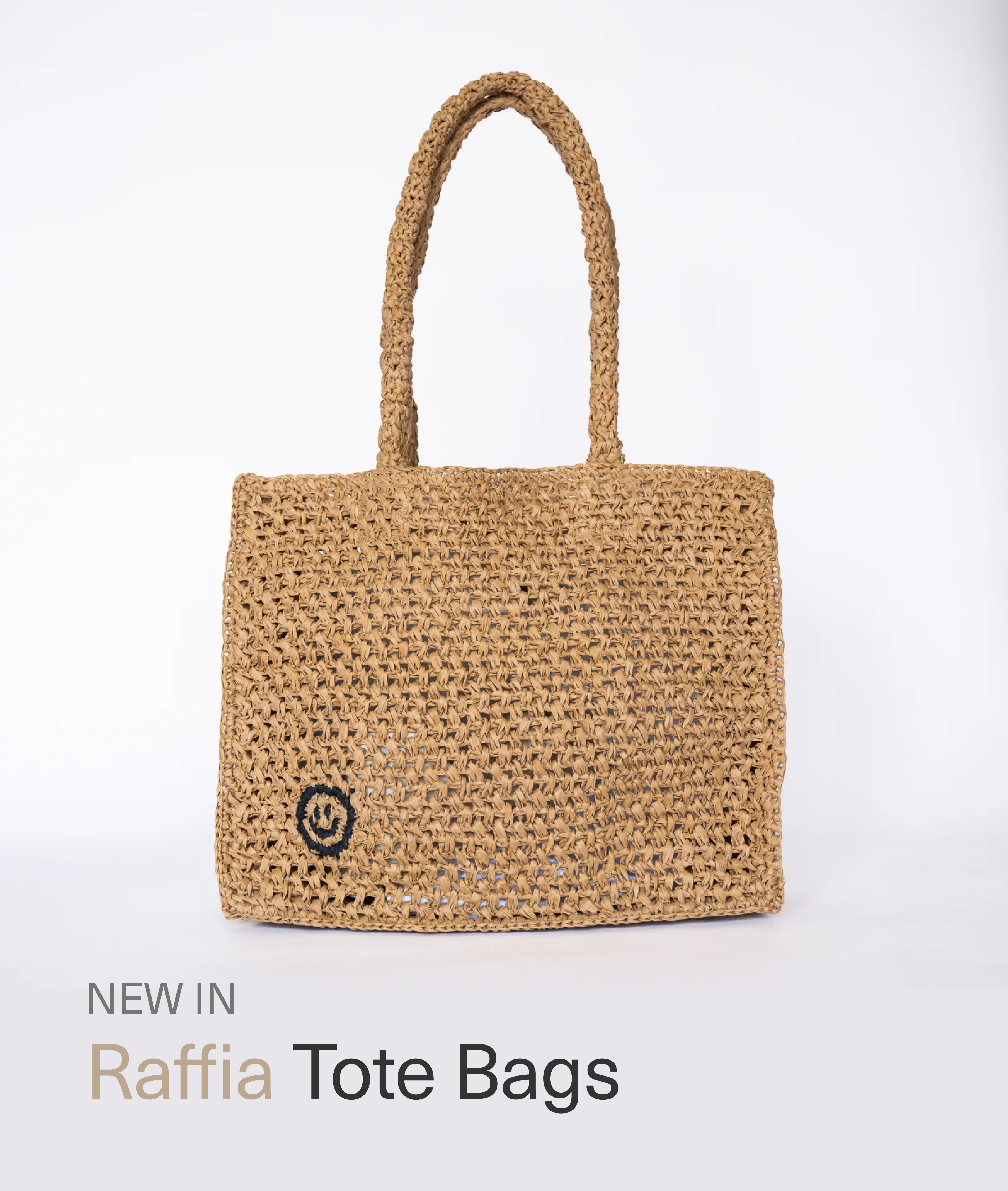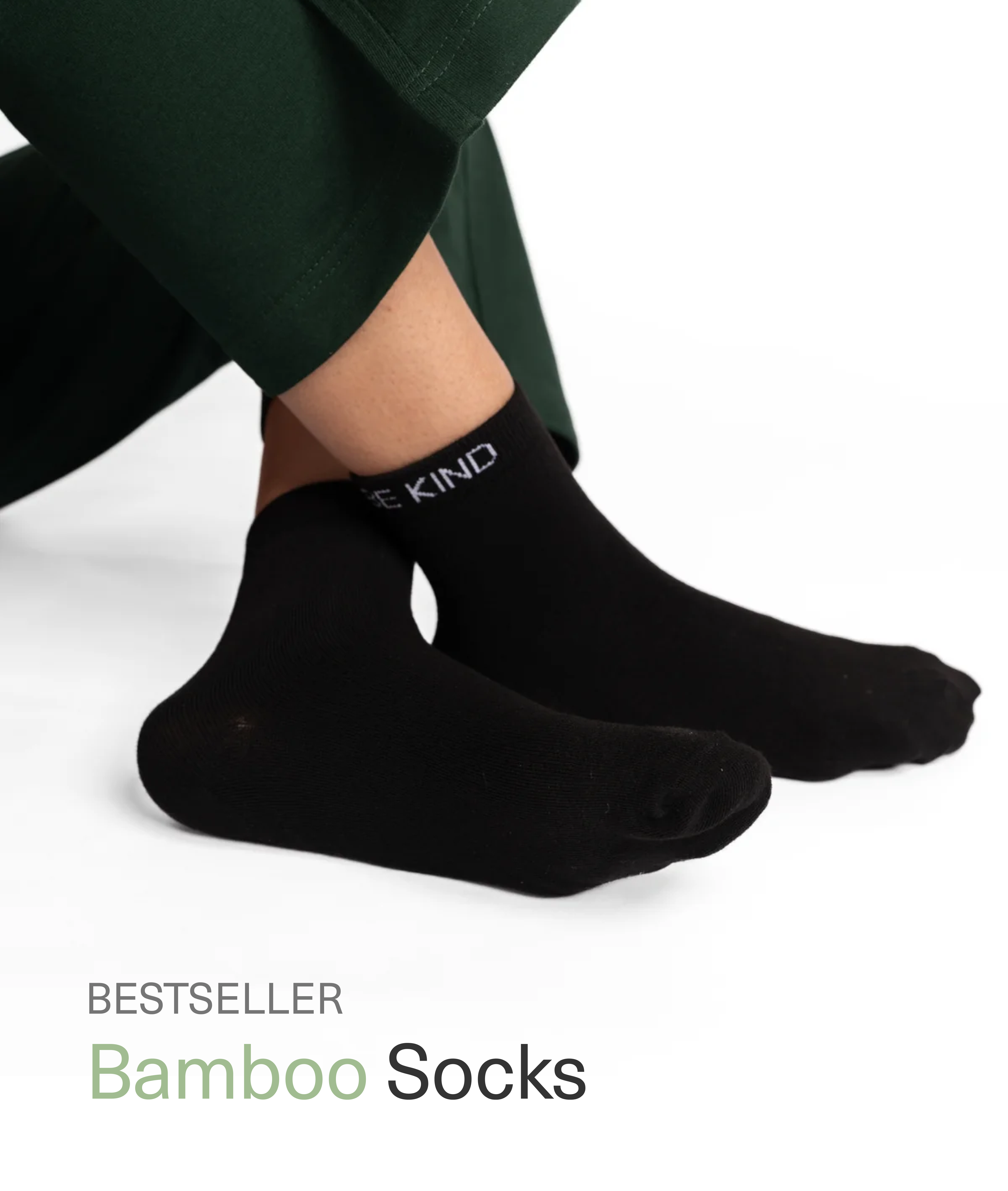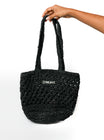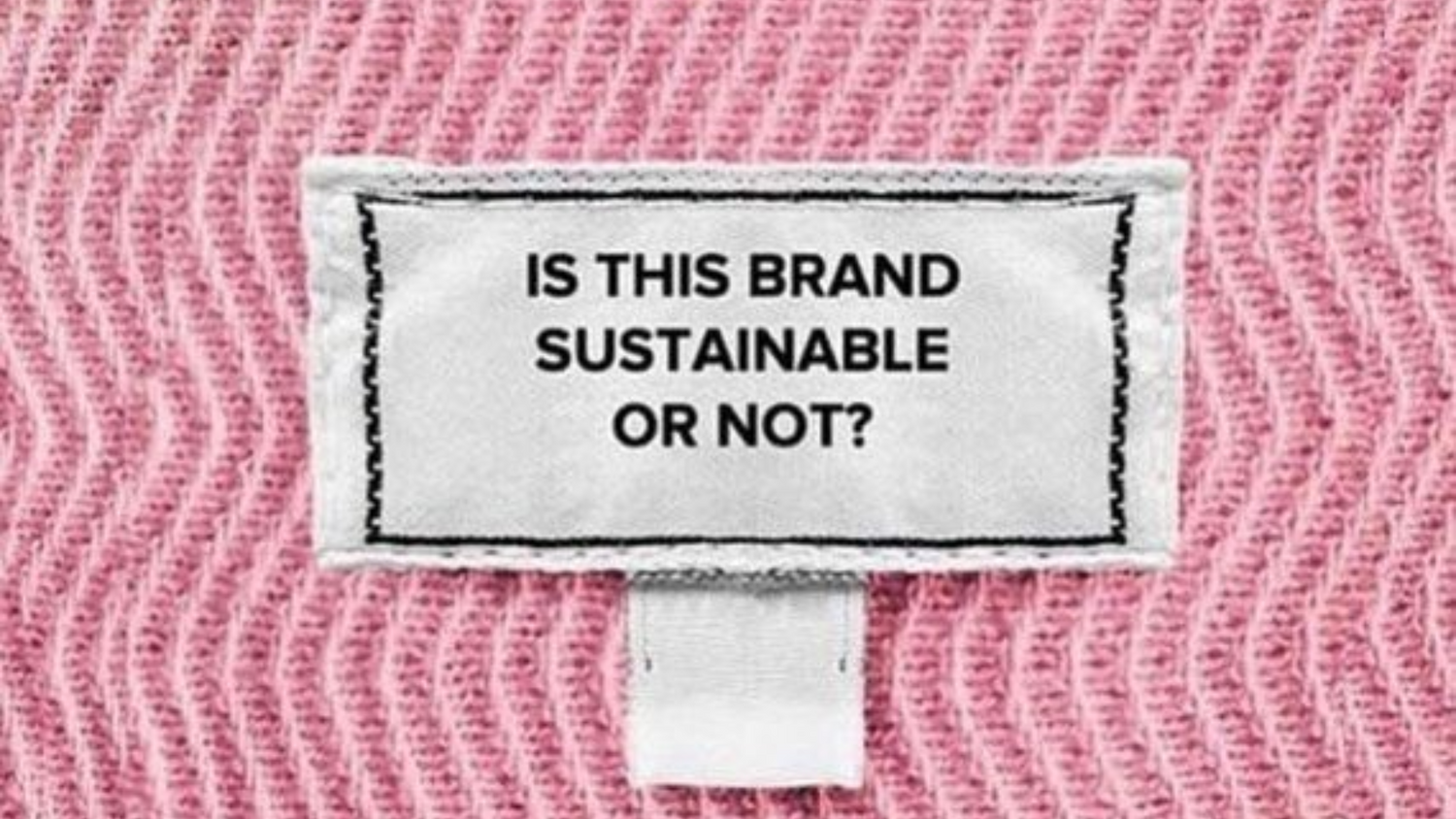Sustainability has quickly shifted from a niche, yet necessary concept to a mainstream movement. As consumers become more aware of the environmental and social impact of their purchases, brands across various industries have embraced sustainability as a core value. However, this increased focus on eco-friendly products has also led to a controversial issue: greenwashing.
Greenwashing occurs when companies falsely claim to be environmentally conscious to appeal to conscious consumers,without genuinely following through on sustainable practices.
With the growing demand for sustainable products, brands are walking a fine line between capitalizing on trends and maintaining authenticity. Sustainability has become a key selling point for many, with companies promoting eco-friendly materials, fair labour practices, or carbon-neutral production methods. But what happens when brands profit from sustainability trends without truly committing to their promises?
In industries driven by shifting trends and consumer expectations, brands in fashion, beauty, technology, and food constantly adapt to stay relevant. Social media plays a significant role in this, with platforms like Instagram, TikTok, and Twitter shaping brand perceptions and influencing consumer behaviour. Brands often jump on viral trends, and one such trend is the “ins” and “outs”, where sustainability is promoted as the “in” and unsustainable practices as the “out.” Thisgives companies a chance to promote eco-friendly practices and demonstrate alignment with consumer values.

Thankfully, the growing awareness of greenwashing has made consumers more vigilant. Here are a few major brands recently exposed for misleading practices:
1. Nestle:
In 2018, Nestlé announced plans for 100% recyclable or reusable packaging by 2025 but failed to provide clear targets or timelines. Critics, including Greenpeace, labelled this a greenwashing tactic, accusing the company of taking minimal steps to address a crisis it helped create. By 2020, Nestlé, alongside Coca-Cola and PepsiCo, was named one of the world’s top plastic polluters for the third consecutive year in Break Free From Plastic’s annual report.
2. Coco Cola:
Coca-Cola was named the world’s top plastic polluter for the second consecutive year in Break Free From Plastic’s annual report. In 2020, the company faced backlash for refusing to abandon plastic bottles, citing customer preference. While Coca-Cola claims progress in tackling packaging waste, critics highlight its role as a major polluter. In 2021, Earth Island Institute filed a lawsuit against the company for falsely advertising itself as sustainable despite its significant environmental impact.
3. Starbucks:
Starbucks introduced a “straw-less lid” as part of its sustainability efforts. However, it was observed that the lid contained more plastic than the previous lid-and-straw combination. While Starbucks argued the lids were made from recyclable polypropylene, only 9% of plastic worldwide is recycled, making the claim questionable. Additionally, the U.S. often exports a significant portion of its recycling to developing countries, shifting the burden onto poorer nations.
4. FIFA:
FIFA faced backlash for claiming the 2022 World Cup would be carbon-neutral by offsetting its emissions. Climate experts and activists criticized the claim, with Carbon Market Watch suggesting FIFA underestimated its emissions. In 2023, the Swiss Fairness Commission ruled that FIFA made false carbon neutrality claims. This case underscores the need for clear and verifiable sustainability claims, as stricter regulations now demand concrete evidence.

Let's not forget some popular fashion brands:
H&M, Zara, and Uniqlo have faced criticism for greenwashing, promoting small "green" initiatives while contributing to the massive textile waste problem—80% of discarded textiles are incinerated or landfilled globally. H&M’s 2019 "Conscious" line, claiming to use organic cotton and recycled polyester, was called out as a marketing tactic with vague claims about sustainability. The Norwegian Consumer Authority criticized the brand for misleading consumers with insufficient information about the environmental benefits of its Conscious Collection.
At One Less we don't preach sustainability, it's who we are. That's why we plant a tree for each item you buy, contributing to a greener planet. Additionally, we are proud to be official partners of the United Nations, aligning our initiatives with global sustainability efforts.
Explore our full range of eco-friendly, organic, and sustainable products by clicking here. Together, we can make a difference!






















Leave a comment
This site is protected by hCaptcha and the hCaptcha Privacy Policy and Terms of Service apply.